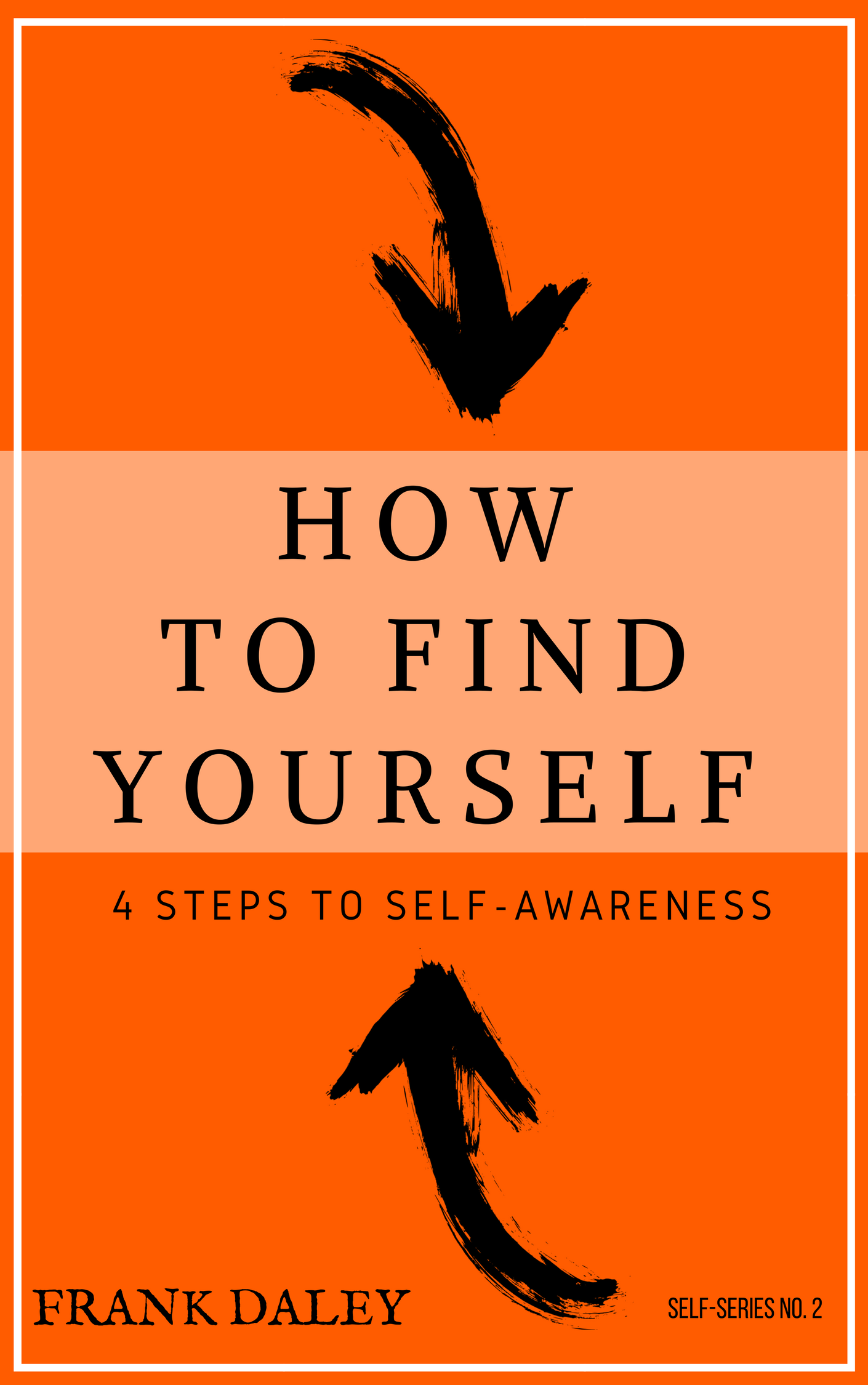SELF-ESTEEM AND SELF-CONCEPT: WHAT’S THE DIFFERENCE?
People often confuse ‘self-esteem’ and ‘self concept.’
This Part 32 in a series of articles about the “self.”
The big difference between the self-concept and self-esteem is that the
Self-concept refers in general to the thinking aspect of self as it relates to our self-image (that is, how we see ourselves as related to others in a cognitive or thinking way) while
Self-esteem refers to the affective or emotional aspect, or the way we feel about ourselves.
(Some psychologists and other writers discuss the two terms almost interchangeably, which can be confusing, but the distinctions we make here should be helpful.)
SELF-CONCEPT
The self-concept is “the totality of a complex, organized, and dynamic system of learned beliefs, attitudes and opinions that each person holds to be true about his or her personal existence.” (W. Purkey. 1998. An Overview of self-concept theory for counselors.)
That’s pretty clear–almost everything and anything we think or believe or have learned (from others and from our own actions and experiences.)
Franken says that a great deal of research indicates that the self-concept is the basis for all motivated behavior (R. Franken Human Motivation. 3rd ed. 1994)
“It is the self-concept that gives rise to our possible selves and it is our possible selves that create the motivation for behavior.”
Our view of ourselves and our possibilities in the world is centered here.
Franken says that “people who have good self-esteem have a clearly differentiated self-concept.”
This makes sense, doesn’t?
SELF-ESTEEM
Self-esteem is the way we feel about ourselves.
We can be skilled at something yet feel inadequate.
We can be in a position of authority, influence or power and yet worry about whether we deserve or it can live up to it.
Sometimes we feel like frauds.
We think we’ve been getting away with a lie for years and someone is going to say ‘What the hell is he doing in that position? He’s doing a terrible job!”
We can feel like imposters or fakes.
Sometimes we luck into a job and muddle around until we actually learn how to do it quite well but we are stuck with the feeling we had when we first got it. That we’re unfit for it.
Conversely we can feel that we’re doing as terrific job and be screwing it up.
Think of the guy who ran the “clean up” of New Orleans after the floods, or Ron Ford, the ex-mayor of Toronto, or any of a dozen presidents of countries around the world.
Their self-esteem is high but misplaced.
They feel they are doing a good job but they are woefully out of touch.
So, in brief and generally-speaking, self-concept is what we think of ourselves and self-esteem (or lack thereof) is how we feel about ourselves.
We’ll examine this more cl,ousel soon.
SELF-KNOWLEDGE
People who know who they are can achieve more in life because they know what they can do and what they can’t do and they are more likely to be motivated to do what they can.
EVIDENCE THAT SELF-KNOWLEDGE IS THE KEY TO LIFE!
OK, that might be overstating it but not by much!
Certainly, Knowing Yourself is the key to greater achievement in life.
Well, that’s the kind of thing that prompted me to study this whole field and to write and teach about it. If he agree, say something about it b low!
And if you are getting ready to learn more about yourself, send me an email.
Frank
Previous posts:
Part 1: Do you find yourself or create it? And why bother anyway?
Part 2: Searching for yourself? Flying blind? Need a new search party?
Part 3: Be yourself. Everybody else is taken!
Part 4: Self discovery without viagra.
Part 5: Selfish vs Selfless (in women)
Part 6: Selfish. Always wrong?
Part 7: Selfishness, in the family.
Part 8: Singer Sarah Slean knows who she is
Part 9: Whatever you do, don’t be yourself!
Part 10: Self sinks soon. Save yourself!
Part 11: Be yourself, problem-solving
Part 12: Self-regard. Do you ever feel worthless?
Part 13: Be more successful. Know yourself
Part 14: Do self-help books work?
Part 15: Do what you love, but know yourself first
Part 16: Self-discovery: Destroying marriage?
Part 17: Self confidence & insecurity in dating
Part 18: Self-esteem comes with self-knowledge and self-love
Part 19: Time to see a therapist?
Part 20: Settling for the wrong lover?
Part 22: Writing helps self-knowledge
Part 23: Self-esteem: Do you worry?
Part 24: Self-esteem, 2 components
Part 26: How much do we change after thirty?
Part 27: Self: Focus on your strengths
Part 28: Is self-confidence overrated?
Part 29: Social ties, self-esteem vital to low-income black, latino boys
Part 31: Self-compounded or confounded: what’s the difference?
Up Next:
Part 33: You can’t let a baby to cry itself to sleep. It harms the self
Frank Daley
daleyfrank0@gmail.com
647-205-5059
356 Westridge Drive , Waterloo, Ontario, Canada

